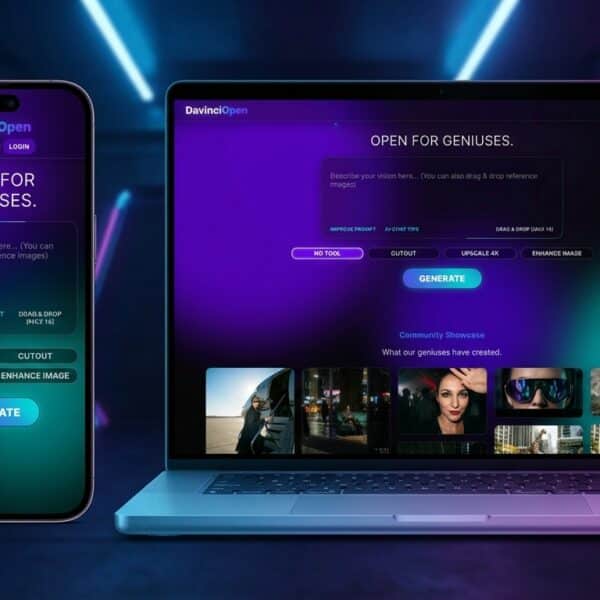In an era where mobile devices are ubiquitous and play a central role in consumers’ lives, mobile marketing has become a crucial component of any comprehensive digital strategy. As we navigate the digital landscape in 2024, businesses must optimize their approach to cater to the on-the-go nature of their target audience. This comprehensive guide explores the significance of mobile marketing, current trends, and effective strategies to connect with and engage mobile-centric consumers.
Understanding the Impact of Mobile Marketing:
Mobile marketing encompasses a range of strategies designed to reach users on their smartphones and tablets. With the majority of internet users accessing content through mobile devices, businesses must tailor their marketing efforts to meet the preferences and behaviors of the mobile audience.
| Mobile Marketing Trends | Description | Strategies and Best Practices |
|---|---|---|
| App-Based Marketing | In-app advertising, push notifications, exclusive app content | Responsive design, SMS and push notification campaigns |
| Location-Based Marketing | Geolocation-based content, promotions, offers | Mobile-friendly content, mobile advertising |
| Augmented Reality (AR) Integration | Immersive and interactive AR marketing campaigns | Speed and performance optimization, personalization |
| Responsive Design | Optimized for various screen sizes | Cross-channel integration |
| SMS and Push Notification Campaigns | Direct communication, balance in relevant information | |
| Mobile-Friendly Content | Concise, visually appealing, optimized for small screens | |
| Mobile Advertising | Targeted campaigns on social media, search engines, apps | |
| Speed and Performance Optimization | Priority for a seamless user experience | |
| Personalization and User Context | Deliver personalized content based on preferences and behaviors | |
| Cross-Channel Integration | Consistency across different marketing channels |
Current Trends Shaping Mobile Marketing:
1. App-Based Marketing:* With the proliferation of mobile apps, businesses are leveraging in-app advertising, push notifications, and exclusive app content to engage users directly on their devices.
2. Location-Based Marketing:* Utilizing geolocation technology, businesses can deliver targeted and personalized content based on users’ physical locations. This includes location-based promotions, offers, and relevant information.
3. Augmented Reality (AR) Integration:* Augmented reality experiences, whether through apps or in-browser, are creating immersive and interactive mobile marketing campaigns that capture users’ attention and enhance engagement.



Strategies for Effective Mobile Marketing:
1. Responsive Design:* Ensure your website and marketing materials are optimized for a seamless experience across various screen sizes. Responsive design is critical for mobile users who expect easy navigation and quick load times.
2. SMS and Push Notification Campaigns:* Direct communication through SMS and push notifications can be powerful tools for engaging users. However, it’s crucial to strike a balance, delivering relevant information without overwhelming users with too many notifications.
3. Mobile-Friendly Content:* Tailor your content to mobile consumption habits. This includes creating concise and visually appealing content, utilizing mobile-friendly formats, and optimizing for quick consumption on small screens.
4. Mobile Advertising:* Implement targeted mobile advertising campaigns on platforms like social media, search engines, and mobile apps. Utilize the unique features of each platform to create visually appealing and interactive ads.
Best Practices for Mobile Marketing:
1. Speed and Performance Optimization:* Mobile users have little patience for slow-loading websites or apps. Prioritize speed and performance optimization to provide a seamless and enjoyable experience.
2. Personalization and User Context:* Leverage user data to deliver personalized content based on preferences, behaviors, and contextual information. Personalized experiences enhance user engagement and satisfaction.
3. Cross-Channel Integration:* Ensure consistency across different marketing channels. A cohesive and integrated approach allows users to transition seamlessly between devices without compromising the user experience.
Measuring Mobile Marketing Success:
Utilize mobile analytics tools to track key performance indicators, including mobile traffic, conversion rates, app downloads, and user engagement. Regularly analyze this data to refine and optimize your mobile marketing strategy.
Conclusion:
In 2024, mobile marketing is not just an option but a necessity for businesses aiming to connect with an audience that is constantly on the move. By understanding current trends, adopting effective strategies, and prioritizing a mobile-first approach, businesses can successfully navigate the mobile landscape, engage users, and drive meaningful results. Stay tuned for more insights into the ever-evolving world of digital marketing.


















































